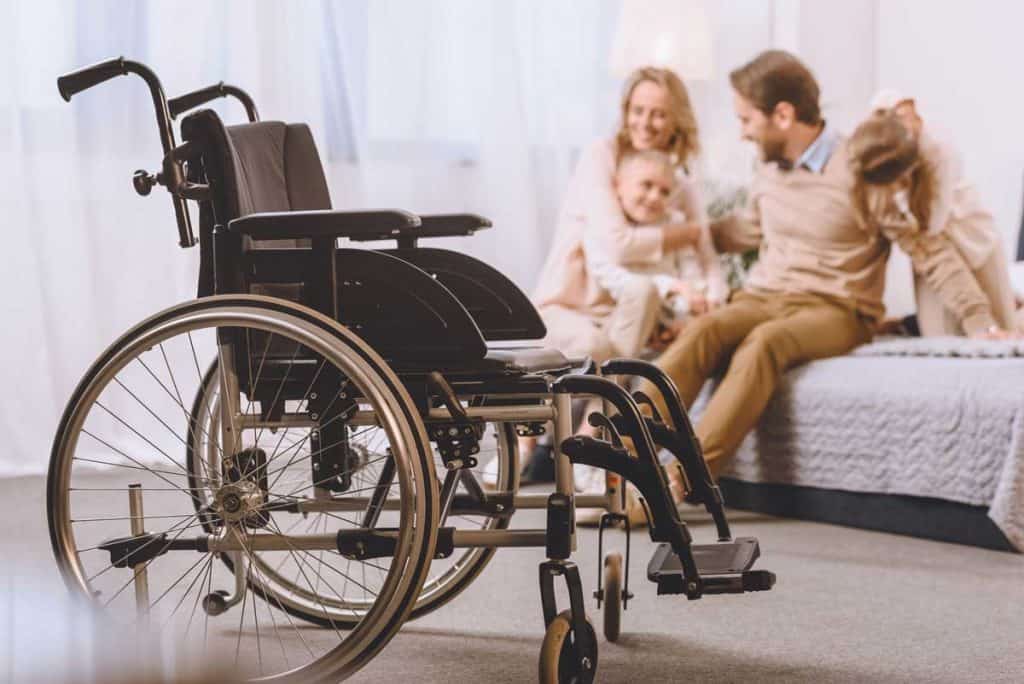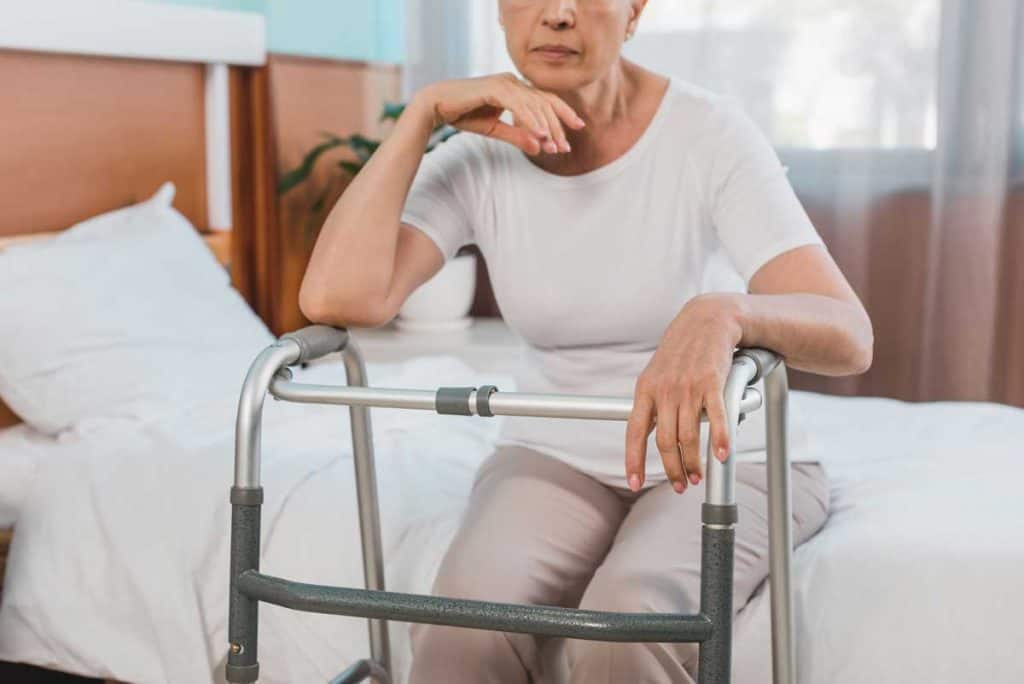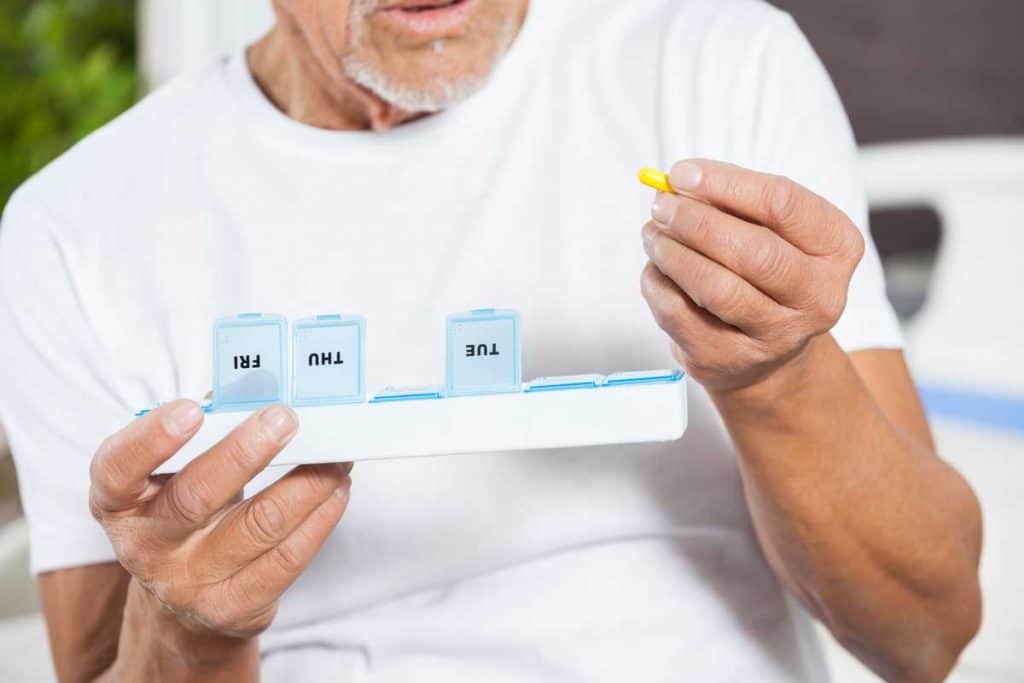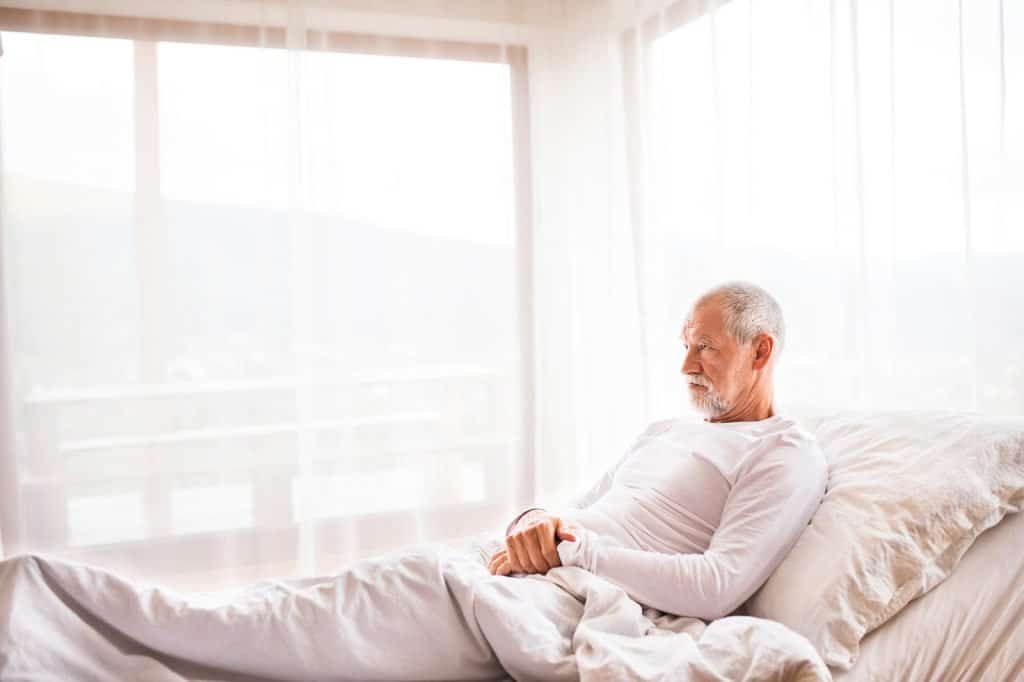
According to the Australian Network on Disability, there are 4 million Australian living with some form of disability. Nightly arrangements are often a major headache for most caretakers, especially bed safety for people living with disability.
Disability affects your sleep quality and can lead to various sleep disorders such as insomnia, narcolepsy, sleep apnea, restless movement syndrome, and more. If you are a caretaker or someone living with a disability, looking for sleeping equipment is challenging.
Problems like sleeping, getting in and out of bed, or staying in bed without slipping from the mattress is difficult to contain. So, here are mattresses, ensemble cases, and adjustable beds ideal for these individuals.

People with physical difficulty
People living with disability often sleep in pain that leaves them not getting sleep they need. When their bodies reposition during the night, it can add stress and pressure on different affected areas of their bodies.
Some examples of common physical disabilities in Australia:
- Amputation
- Arthritis
- Cerebral palsy
- Severe back injury
- Multiple sclerosis
- Dystrophy
- Spinal cord injury
Common sleep disorders associated with physical disability:
- Severe fatigue
- Insomnia
- Mixed-up sleeping patterns
- Sleep apnea
- Periodic limb movement disordery
So, what’s a good find for cooling pillows for pregnant women?
If you’re pregnant, you know well that your growing tummy and wrecked hormones can ruin a good night’s sleep. Rest is crucial especially for you and your baby, but hot flashes, night sweats, back pain, and pregnancy issues can be a problem. Luckily, there are sleep aids to help you sleep better at night.
How to get that ideal night shuteye? Invest in a good cooling pillow like Solace Sleep’s memory foam cooling gel cushion. The pillow can relieve the pregnant mama from hot flashes, sweats, and pain. Insomnia is also a huge headache for most women, especially during the second and third trimester.

Pillows, mattresses, and beds for people with physical disabilities
Individuals with physical difficulty might benefit using an adjustable bed or mattress to alleviate pain and pressure when they sleep. The use of a body pillow can relieve muscle pain in a particular area.
Adjustable beds. For people living with disability, the need to move and elevate their body to enhance circulation, they’ll find adjustable beds convenient to their needs, sleeping position, and mobility issues. What’s more, the bed can act as a recliner, rendering it perfect for leisurely use any time of the day.
Mattresses. Memory foam mattresses are ideal for people living with disability who seek alleviation and comfort from joint pain and pressure points. These mattresses contour to the shape of the body and will ease discomfort in connection with the pain.
Softer mattresses work well for lightweight individuals and side sleepers. Those who sleep on their backs and stomach will benefit most with firmer mattresses. However, people suffering from severe back ache (like those with spinal cord injury) should avoid dense mattresses.
Pillows. Likewise, for disabled people with spinal cord injuries, they need cushions made from memory foam or special spring coils for added support to the head, neck, and shoulders. Special pillows designed to contour to the shape of the neck and shoulders keep the person repositioning to an awkward spinal position when they sleep.

People with neurological difficulty
Neurological conditions often have reciprocal relationship with sleep. Lack of sleep can hasten mental decline, while neurological disorders can delay and affect sleep quality. For instance, individuals suffering from seizures lead to interrupted sleep, and those who are “bed deprived” increase the chance of seizures as well.
Some examples of common neurological disabilities in Australia:
- Epilepsy
- Dementia and Alzheimer’s Disease
- Parkinson’s Disease
- Migraine and strokes
- Spinal deformity
- Neuralgia and neuropathy
- Bell’s Palsy
Common sleep disorders associated with neurological disability:
- Sundowning
- Irregular sleeping patterns
- Hyperarousal
- Post-Traumatic Hypersomnia
- Anxiety and depression
Bedwetting and nocturia

Pillows, mattresses, and beds for people with neurological disabilities
People living with disability can improve sleep habits by instilling excellent sleep practices and setting up routines for bedtime. To reset your circadian rhythm, do some light exercises and spend a moment outside in the sun. Other than improving one’s bedding, introducing meditation or stress-relieving techniques can greatly help people with neurological conditions.
Adjustable beds. People with neurological problems often suffer from sleep apnea, snoring, or even asthma. An adjustable bed can help elevate the head to ease your windpipe and throat muscles for better airflow. What’s more, it eases insomnia and enhances circulation.
People suffering from impaired mobility will find it beneficial for having support when it comes to getting up or lying down in bed with or without a caretaker. In addition, people suffering from spinal injuries will be comfortable lying down to a bed that matches the curve of the body.
Cooling mattresses and pillows. Mattresses and pillows made of memory foams contour the body and provide relief to pressure points and pain. However, one drawback of the product is that it retains body heat. Individuals who are sensitive to the warm feeling will find it difficult to sleep at night. Many memory foam products today are infused with technological cooling gel or inner coils to provide better aeration.
Normally, our bodies will drop temperature to induce us to sleep. The cooling effect will allow a person to sleep better at night. Another benefit is that it helps calm the mind and lowers stress levels.



